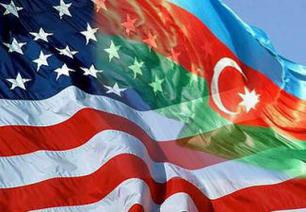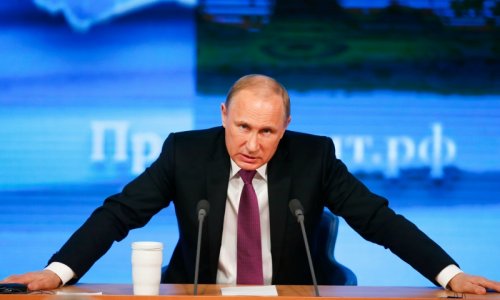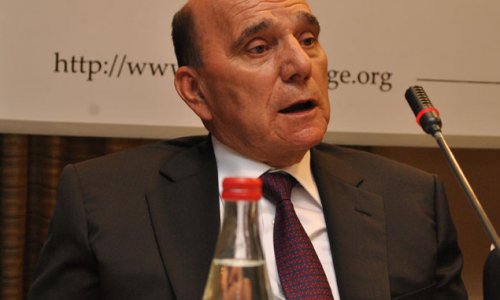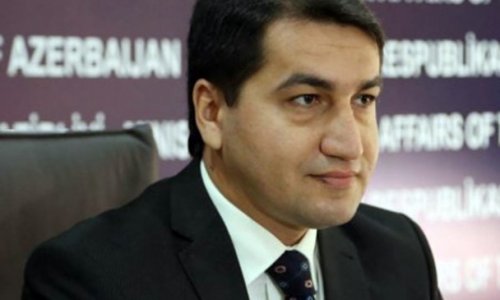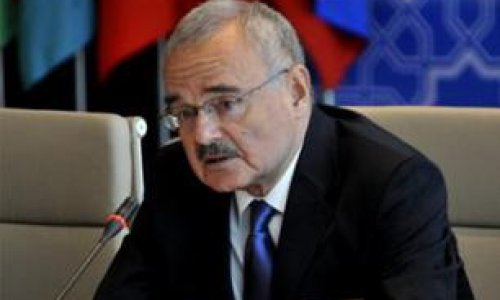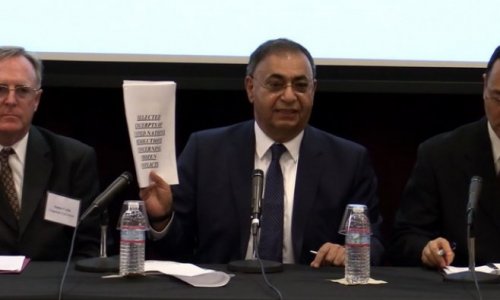By Alex Vatanka
Senior Fellow, Middle East Institute
Ashton Carter will take over the helm at the Pentagon at a moment of heightened volatility on the global stage. Carter has his work cut out for him. From deterring a restless Chinese military to standing up to Russia’s shenanigans in Ukraine to confronting the threat of the Islamic State in the Middle East, the next Pentagon boss will not be short of tests to overcome.
Given his full plate of big-ticket threats, a likely pitfall Carter will face is the impulse to neglect conflicts that are not immediately of global dimensions. One such conflict is the unfinished war between Azerbaijan and Armenia in the South Caucasus. More to the point, Carter will have to tackle the creeping jitters about ties with Azerbaijan, a country that has since its independence in 1991 proven itself as a strategic loyal partner of the United States.
Pick up where Hagel left off
There is no doubt that officials in Baku are peeved by a nearly consistent lack of recognition of Azerbaijan’s contributions to American-led initiatives in the greater Middle East. Given its delicate geographic location – sandwiched between Russia to the north and Iran to its south – Baku’s pro-American stance over the years has often put it in a delicate position.
But the Azerbaijanis have opted to stay the course even when at times the Obama administration has been overly flippant in its attitude. When Carter’s predecessor, Chuck Hagel, opted to skip Azerbaijan as part of a regional tour in September that took him to Azerbaijan’s neighbors Turkey and Georgia, the Azerbaijanis were miffed but shrugged it off.
A feeling that Baku is being judged by a different standard has become commonplace, but Azerbaijani officials still point out that the country has elected to remain committed to a long-term policy of alignment with Washington.
They say they recognized from the outset that a policy of cooperation with the U.S. will not be without its challenges but that enough common interests exist – particularly in the energy and security fields – to keep the U.S. and Azerbaijan together.
And the Azerbaijanis are not alone in stating this simple fact. Robert Cekuta, the nominee to be the next U.S. ambassador in Baku said during his Senate confirmation hearing that "We recognize that Azerbaijan lives in a very difficult neighborhood and must maintain its security and stability, which the United States strongly supports.” In Cekuta’s words, "Azerbaijan is a pivotal player in the region’s future peace and stability.” But while American officials are not oblivious to Baku’s predicaments, a win-win strategy toward Azerbaijan is still to be developed in Washington.
Don’t push Baku away
Ashton Carter’s arrival can help clear the air with Baku. Given his defense portfolio, Carter can play a critical role in preserving ongoing collaborative efforts with Baku at a time when Azerbaijani officials question Washington’s commitment to a partnership that can be mutually beneficial.
Such an approach by Carter would not be a policy diversion but simply fulfilling what successive American administrations have pledged to pursue, namely strengthening military-to-military relations.
When Chuck Hagel received Azerbaijani Defense Minister Safar Abiyev in Washington in August 2013, he thanked Baku for supporting American efforts in Afghanistan, including the deployment of Azerbaijani forces. Since 2001, Azerbaijan has also been playing a key role in providing ground, air and sea transit access for logistical support for U.S. operations in Afghanistan.
(dailycaller.com)
ANN.Az
Follow us !

